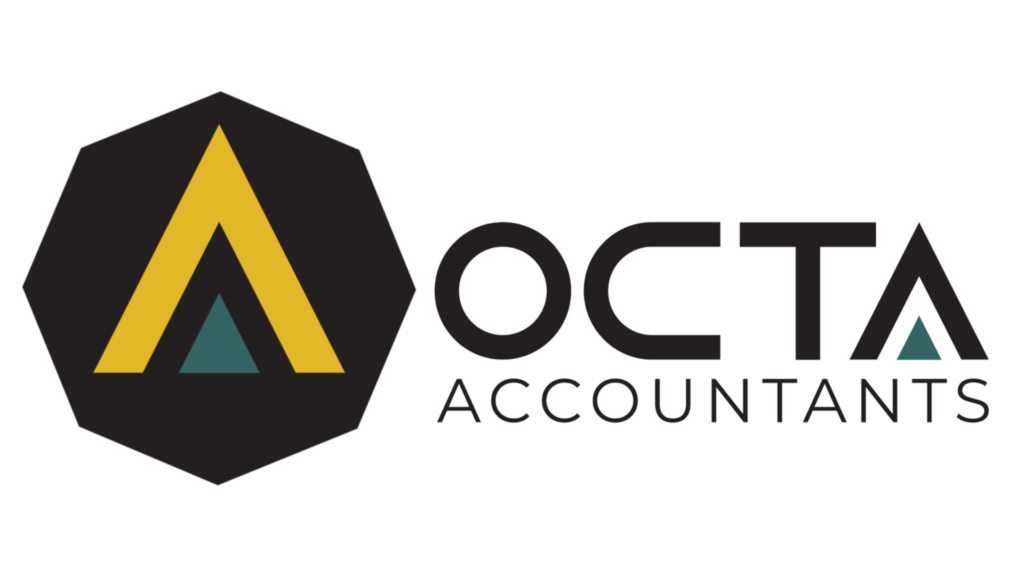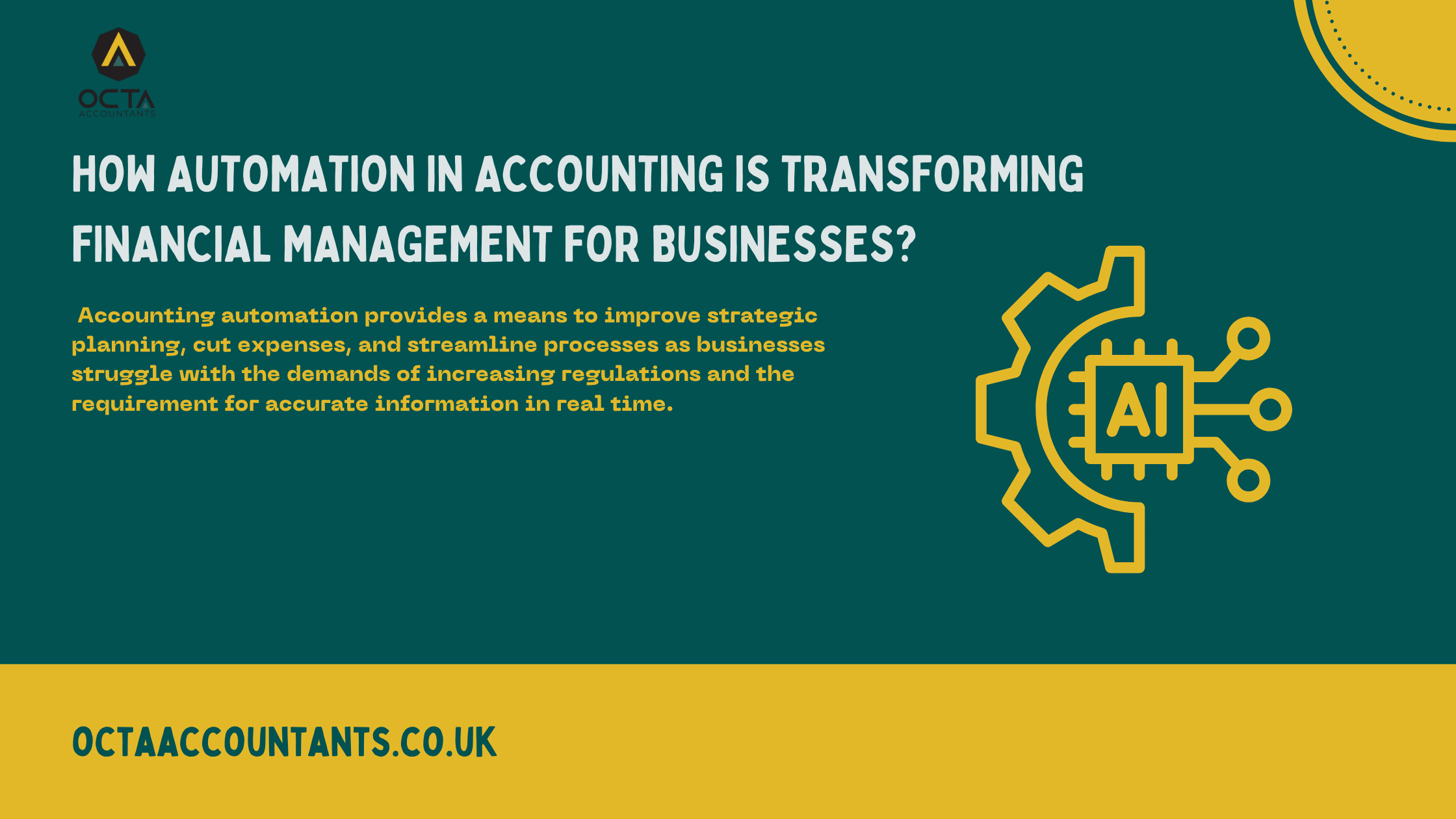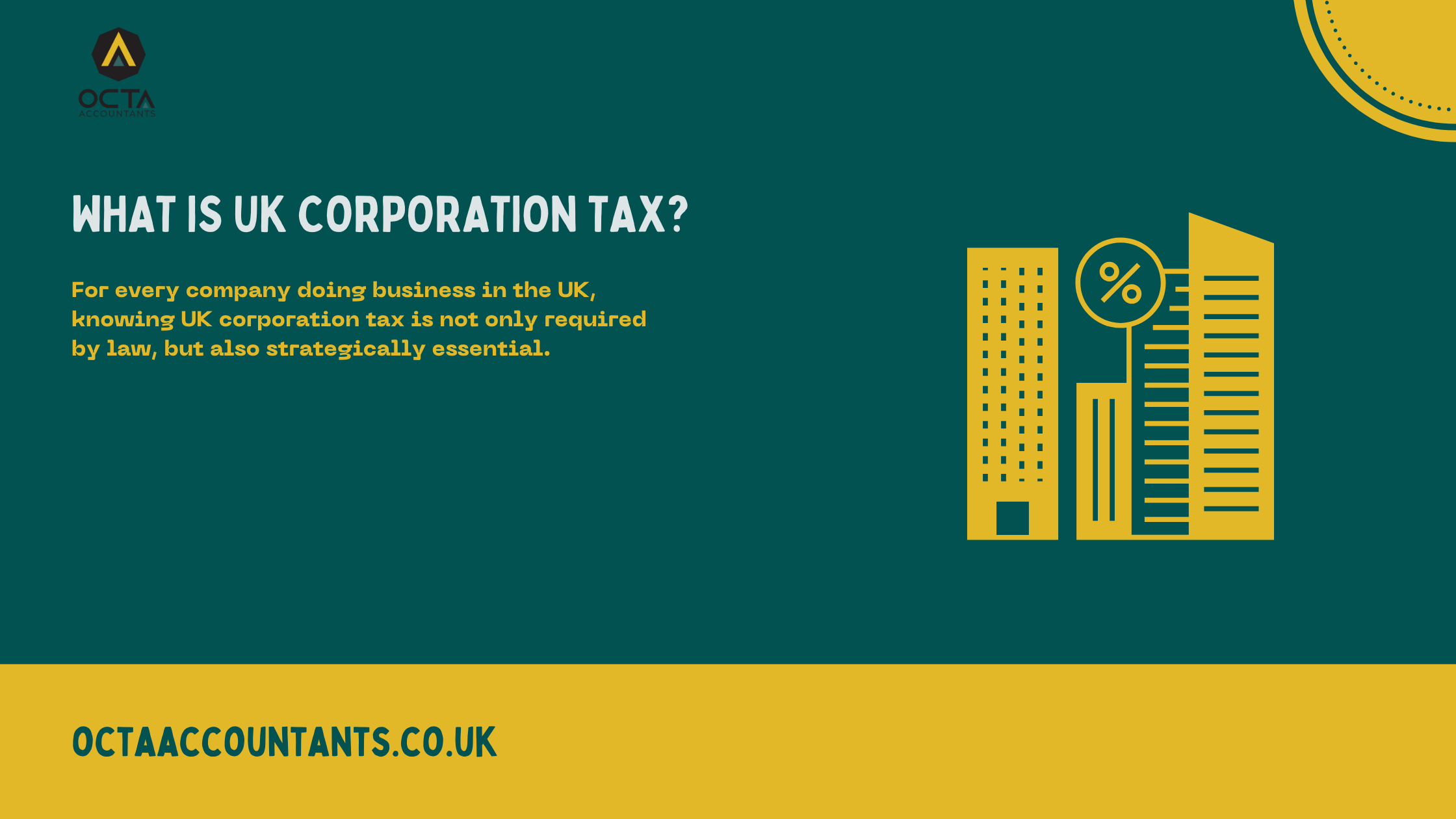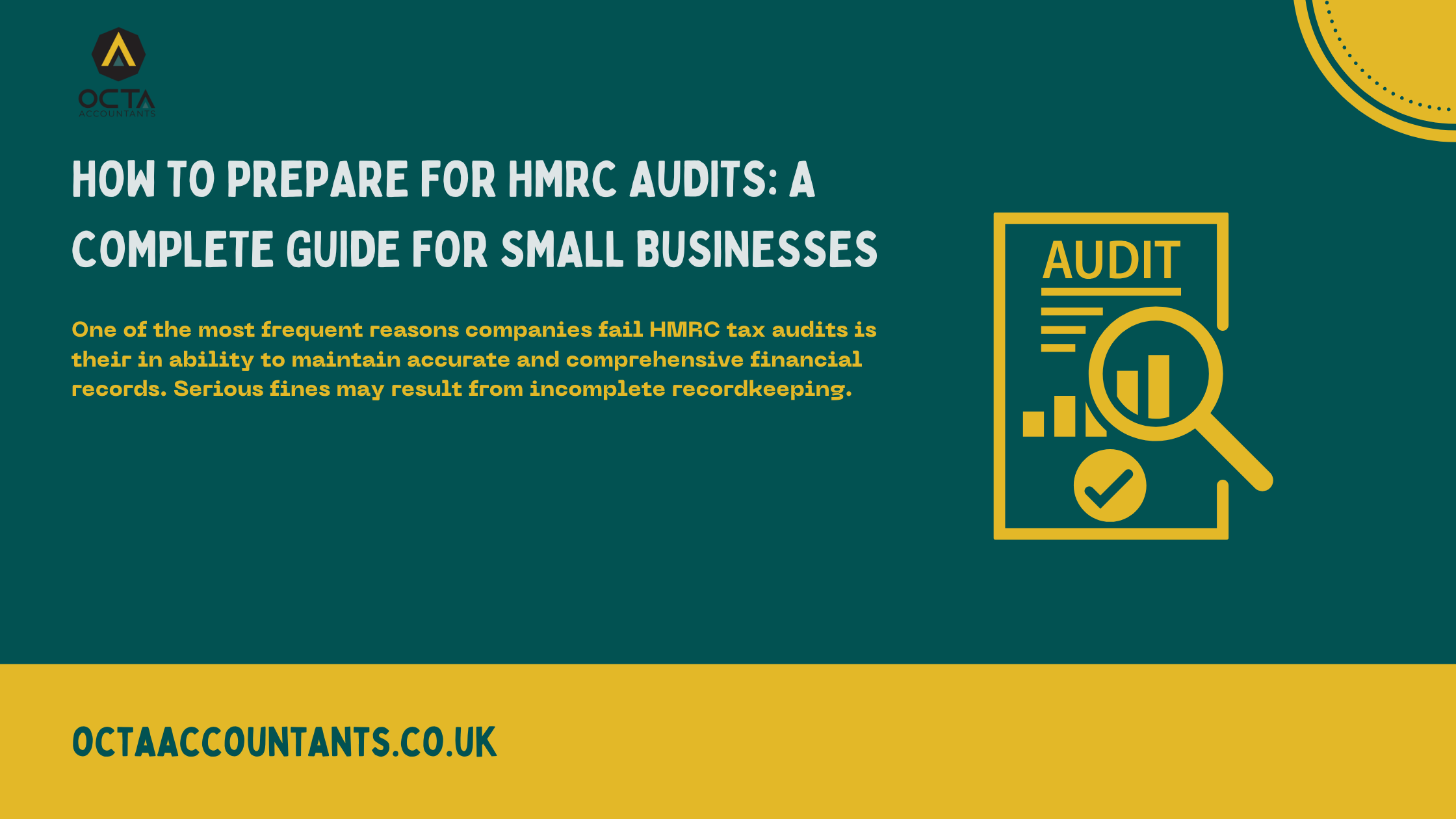5 Types of financial audits in Singapore

Octa Accountants

4 Min Read

Dec 27, 2023

Audit & Assurance
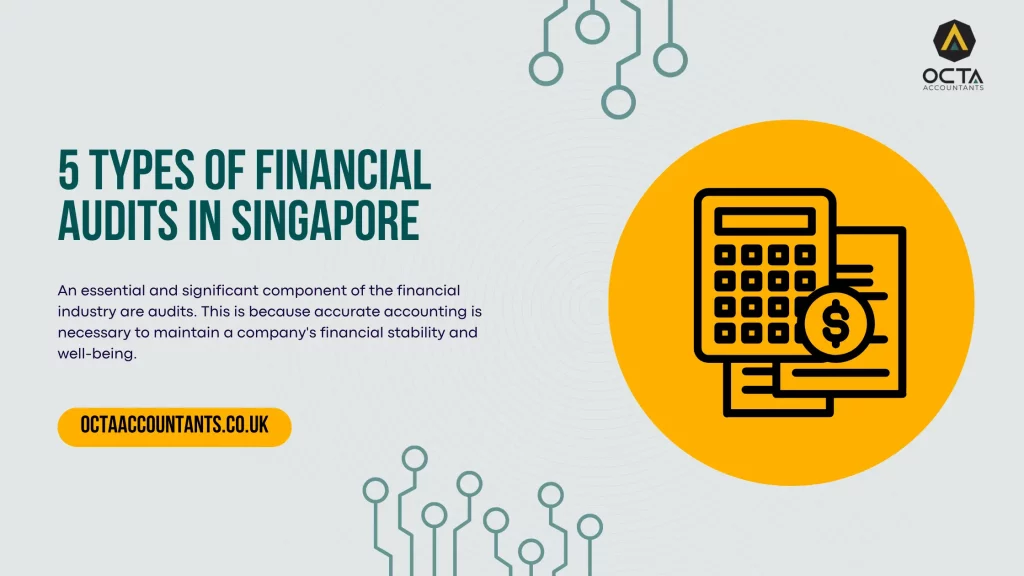
Auditing is usually referred to as the review of financial statements or reviewing financial statements. These audits can be carried out by the organisation’s employees or external auditors may be hired. The main purpose of it is to stay in compliance with the Singapore Standards on Auditing (SSAs). Here, we will explore the 5 types of financial audits in Singapore that require your attention!

What does it takes to perform an audit?
An audit is an impartial third party’s examination or inspection of a business or individual’s financial records. Auditors may be employed by the business itself or by a separate outside company. Every year, almost all businesses have their financial statements audited. Reviewing financial statements such as the cash flow, balance sheet, and income statement falls under this category.
As part of their debt covenants, lenders frequently demand the annual results of an external audit. Because there are strong incentives for corporations to falsify financial information in an effort to commit fraud purposefully, some are legally required to conduct audits.
Importance of Audits
An essential and significant component of the financial industry are audits. Accurate accounting is necessary to maintain a company’s financial stability and well-being. Frequent audits make sure that businesses are adhering to reporting guidelines and, more crucially, that they are being honest and truthful about their financial situation. In addition to customers and suppliers, audits are very crucial for lenders and shareholders.
Auditing offers additional benefits to organisations by:
- Identifying inefficiencies
- Enhancing production and operational processes
- Ensuring compliance with regulations
- Establishing protocols for monitoring
- Preventing fraud
Selecting auditors for a Singaporean company
The process of selecting auditors for a Singaporean company involves a few key considerations. Firstly, it is crucial to ensure that the chosen auditors are from reputable accounting firms in Singapore or are public accountants approved by the Accounting and Corporate Regulatory Authority (ACRA). This ensures that they possess the necessary qualifications and are recognized by the regulatory body.
Company directors need to actively nominate at least one auditor within the specified timeframe of three months after the company’s incorporation. This nomination should be made with careful consideration of the auditor’s expertise, experience, and ability to adhere to the stringent regulations outlined in the national legislation.
Apart from meeting regulatory requirements, the selection of auditors plays a vital role in ensuring the financial integrity of the company. Auditors are instrumental in identifying inefficiencies, detecting fraud, and improving production and operational processes. Their role extends beyond mere compliance and contributes significantly to the overall financial health and governance of the company.
Types of audits in Singapore
There are numerous kinds of audits that are designed to fulfil particular functions and focus on various facets of businesses and people. Let’s dive deeper into the types of financial audits in Singapore.
1. Regulatory Compliance Audit
A compliance audit involves examining the procedures or processes within an organisation or by an individual to assess their alignment with established internal or regulatory standards. This form of audit is commonly employed in industries subject to regulations or within educational institutions.
2. Construction Audit
A construction audit involves assessing the costs incurred during a specific construction project. Activities within this audit may encompass scrutinizing contracts awarded to contractors, examining the payments made, evaluating overhead costs eligible for reimbursement, analysing change orders, and assessing the project’s completion timeline. The primary aim of these activities is to ensure that the costs accrued for the construction project are reasonable.
3. Financial Audit
A financial audit is an examination of the accuracy of the information presented in an organisation’s financial statements. Typically conducted by an independent CPA firm, this audit is considered the most frequently performed.
4. Operational Audit
An operational audit is a comprehensive assessment of the goals, planning processes, procedures, and outcomes of a particular business’s activities. This audit can be conducted either internally or by an external organisation. The intended outcome is an evaluation of operations, typically resulting in recommendations for potential improvements.
5. Tax Audit
A tax audit is the scrutiny of tax returns submitted by an individual or business entity to verify the accuracy and legitimacy of the tax information and income tax payments provided. Tax audits often target returns with significantly low tax payments to determine if further examination is warranted. Audits can be conducted internally by the organisation’s employees or externally by a certified auditor from an accounting firm in Singapore, depending on the location. Regardless of the approach, auditing is a highly important process that demands a high level of professionalism.
Is auditing a negative process?
The mention of audits often triggers negative emotions for many individuals, mainly because they are commonly linked with tax authorities scrutinising tax returns. There is a widespread belief that undergoing an audit might lead to a substantial tax liability. However, being subjected to an audit doesn’t inherently have negative implications.
In most cases, authorities aim to ensure that individuals are adhering to the law and rightfully claiming tax credits and deductions. In the business realm, audits play a constructive role by assisting companies in maintaining compliance. They involve a thorough review of financial statements to verify their accuracy in representing the company’s financial standing. All you have to know is when an audit is required to optimise the performance or stay in compliance with financial and legal systems.
Outsourcing audits in Singapore
The concept of an audit often induces anxiety. However, audits, despite their unfavourable reputation, are not entirely detrimental. Individuals selected for audits by tax agencies are frequently chosen randomly. Corporate audits are regularly carried out to verify that financial statements adhere to accounting standards. For investors, audits provide assurance that the companies they invest in are transparent and truthful about their financial standing.
If you’re searching for a reputable auditing firm in Singapore, consider choosing Octa Accountants as we have certified auditors located in United Kingdom, Singapore, and Pakistan. Book a free meeting to get started with Octa!
About Us
Octa Accountants is a one-stop accounting firm that offers a wide range of finance management services.
Our Blogs
How Automation in Accounting is Transforming Financial Management for Businesses?
How Automation in Accounting is Transforming Financial Management for Businesses? Octa Accountants 7 Min Read Apr 14, 2024 Technology Staying ahead of current trends is crucial for development and sustainability in the dynamic business environment. The advent of automation in accounting has been one of the biggest changes in recent years. Automation is changing how […]
What is UK Corporation Tax?
What is UK Corporation Tax? Octa Accountants 7 Min Read Apr 14, 2024 Company Incorporation For businesses hoping to be legally and financially effective, navigating the complexity of the UK tax system is essential. The UK corporation tax is a key part of this system. Understanding the intricacies of UK corporation tax is essential for […]
How to Prepare for HMRC Audits: A Complete Guide for Small Businesses
How to Prepare for HMRC Audits: A Complete Guide for Small Businesses Octa Accountants 7 Min Read Apr 14, 2025 Audit From overseeing daily operations to making sure financial records are accurate, entrepreneurs balance a variety of duties as running a small business has its own unique challenges. Running a business is never easy no […]
